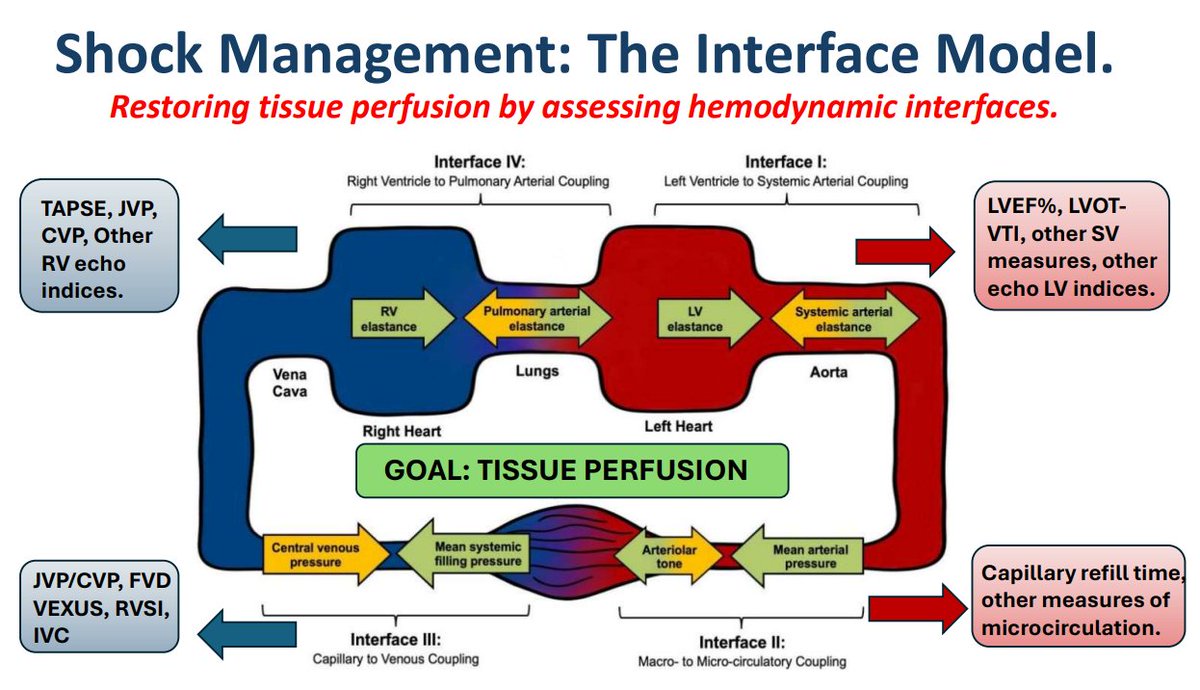What was it?
Multicenter, intervention-concealed, randomized controlled trial (ADAPT-Sepsis) evaluating biomarker-guided protocols using procalcitonin (PCT) or C-reactive protein (CRP) versus standard care to guide antibiotic duration in critically ill adults with suspected sepsis in UK intensive care units (ICUs).
The Devil in the Details!
- 2,760 patients analyzed (918 PCT, 924 CRP, 918 standard care) across 41 UK NHS ICUs from January 2018 to June 2024.
- Adult patients (≥18 years) requiring critical care within 24 hours of initiating IV antibiotics for suspected sepsis, expected to continue antibiotics for at least 72 hours.
- Daily blood draws for PCT or CRP levels; clinicians received standardized written advice on antibiotic discontinuation based on biomarker levels or standard care.
- Primary outcome: Total antibiotic duration (days) from randomization to 28 days.
- Primary safety outcome: 28-day all-cause mortality.
- Secondary outcomes: Escalation of care/readmission, infection relapse/recurrence, antibiotic dose, length of critical care/hospital stay, 90-day all-cause mortality, cost-effectiveness.
The Results!
- PCT-guided protocol reduced antibiotic duration by ~10% (9.8 vs. 10.7 days, mean difference 0.88 days [95% CI 0.19, 1.58], p=0.01) compared to standard care.
- CRP-guided protocol showed no significant reduction in antibiotic duration compared to standard care.
- 28-day all-cause mortality was similar across groups, but PCT-guided care had a 1.5% higher mortality (not statistically significant, but clinically concerning).
- No significant differences in secondary outcomes like infection relapse or hospital stay.
- Cost-effectiveness analysis suggested potential savings with PCT-guided protocol due to reduced antibiotic use.
They concluded
The authors concluded that a PCT-guided protocol, compared to standard care, safely reduced antibiotic duration by approximately 10% in critically ill patients with suspected sepsis, with no significant impact on mortality, supporting its potential to combat antimicrobial resistance.
Gripe Point Summary!
Detailed gripes below
The trial provides evidence for PCT-guided antibiotic stewardship, but:
- Non-inferiority design raises concerns about accepting potential mortality trade-offs.
- Limited generalizability due to UK-only setting and exclusion of immunocompromised patients.
- Clinician adherence to biomarker advice was variable, potentially biasing results.
- Lack of patient-centered outcomes (e.g., quality of life).
- High exclusion rate (8046/16,109 screened) questions representativeness.
- Single biomarker focus (PCT/CRP) ignores other potential markers.
- Short-term focus (28 days) misses long-term resistance or recurrence patterns.
- Potential bias in advice delivery due to unblinded local research teams.
Our Summary
In critically ill adults with suspected sepsis, a PCT-guided protocol reduced antibiotic duration by ~10% compared to standard care, with no significant increase in 28-day mortality, though a 1.5% mortality increase raises caution. CRP-guided protocols showed no benefit. While promising for antibiotic stewardship, the trial’s UK-centric design, high exclusion rate, and lack of patient-centered outcomes limit broader application. Larger, diverse trials are needed to confirm PCT’s role and safety.
Who’s worked on this before?
Further gripes
- Non-inferiority design concerns: The trial’s non-inferiority approach for mortality assumes a small increase (1.5% in PCT arm) is acceptable for reduced antibiotic use, which is ethically debatable given sepsis’s high mortality risk.
- Limited generalizability: Conducted in UK ICUs with socialized medicine, results may not apply to other healthcare systems or non-ICU settings. Exclusion of severely immunocompromised patients further narrows applicability.
- Clinician adherence issues: Advice to stop antibiotics was not binding, and clinicians could override biomarker-based recommendations, potentially diluting the intervention’s effect and introducing bias.
- Lack of patient-centered outcomes: The trial focused on process-oriented (antibiotic duration) and safety (mortality) outcomes, ignoring quality of life, patient experience, or functional recovery.
- High exclusion rate: Of 16,109 screened, 8046 were excluded (e.g., >24 hours of prior antibiotics, futility), and 396 had no reason given, raising concerns about selection bias and representativeness.
- Single biomarker focus: Only PCT and CRP were tested, despite over 250 sepsis biomarkers identified. Emerging molecular or genomic markers (e.g., S100A8, S100A12) could offer better precision.
- Short-term focus: Outcomes were assessed at 28 and 90 days, missing long-term impacts on antimicrobial resistance, recurrent infections, or late mortality.
- Potential bias in advice delivery: Local research teams provided daily advice, and while lab results were concealed, unblinded team interactions with clinicians could influence decisions.
- Statistical concerns: The trial had two primary outcomes (antibiotic duration and mortality), increasing the risk of type I error without clear adjustment. The clinical significance of a 0.88-day reduction in antibiotic use is unclear.
- Mortality signal in PCT arm: The 1.5% higher mortality in the PCT group, though not statistically significant, is concerning in a high-mortality condition like sepsis, warranting further scrutiny.
- Limited diversity in patient population: The trial’s demographic data (mean age ~60, 40% female) may not reflect global sepsis populations, particularly in low-resource settings.
- No non-pharmacological context: The trial did not account for concurrent antimicrobial stewardship practices (e.g., rapid diagnostics, de-escalation protocols), which could confound results.
CCN’s Reflection
The ADAPT-Sepsis trial is a robust effort to refine antibiotic stewardship in sepsis, showing PCT-guided protocols can modestly reduce antibiotic duration without clear harm. Its multicenter design and large sample size strengthen its findings, but the UK-only setting, high exclusion rate, and concerning mortality signal in the PCT arm temper enthusiasm. The lack of patient-centered outcomes and long-term data leaves gaps in understanding real-world impact. This study is a valuable step toward precision sepsis care, but it’s not the final word—expect more trials to clarify PCT’s role and explore other biomarkers. Proceed with cautious optimism!
Written by JW









